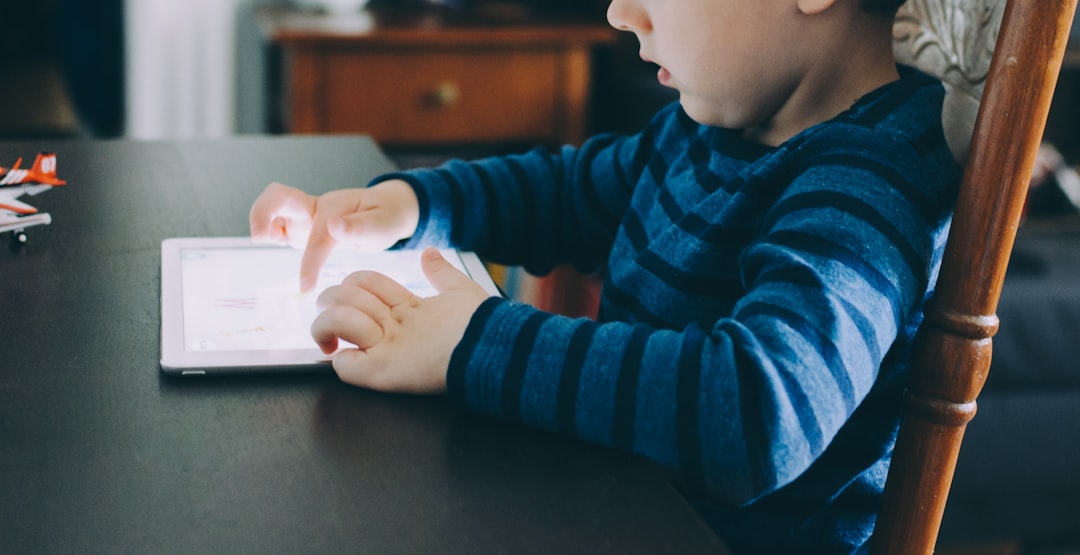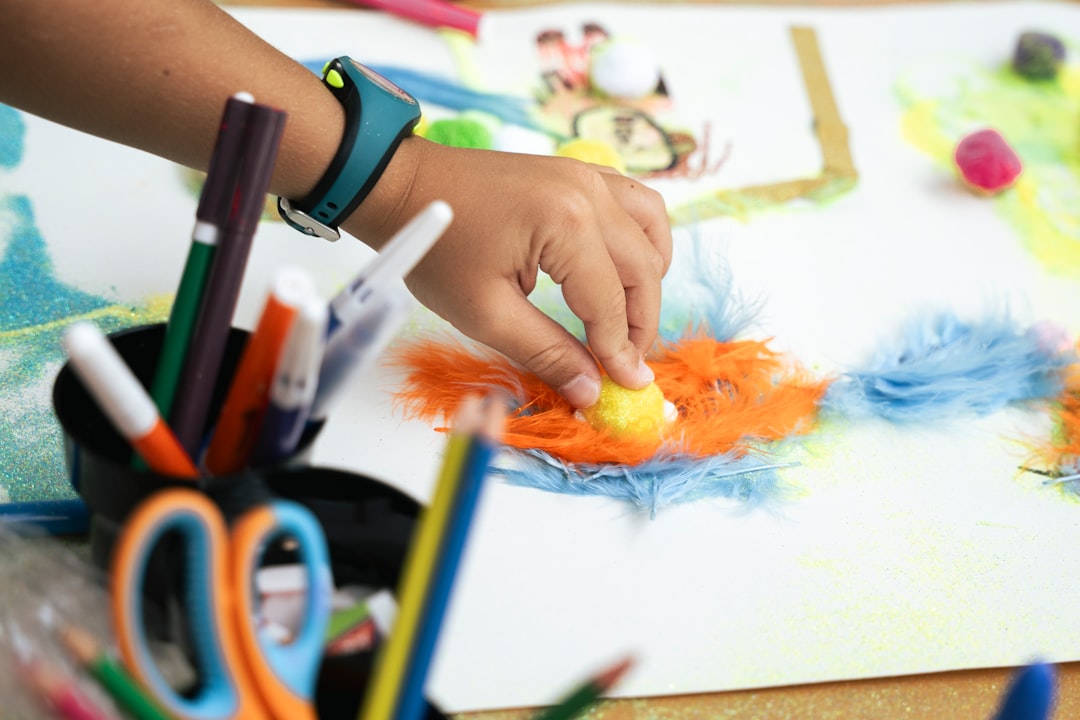In the complex landscape of child-rearing, the interplay between parenting and educational styles is pivotal in shaping not only academic success but also the emotional and social growth of children. As modern challenges evolve, so too must our strategies in nurturing young minds. This article delves into the nuanced approaches that can be tailored to foster an environment where children thrive.
Understanding the Spectrum of Parenting Styles
Parenting is not a one-size-fits-all endeavor. Psychologists often refer to four main styles of parenting—authoritative, authoritarian, permissive, and uninvolved. Each of these styles affects children differently. Authoritative parenting, which balances clear, high expectations with emotional support and recognition of children’s autonomy, is widely regarded as the most effective, leading to higher academic performance and well-being.
The Role of Educational Philosophies
Education systems worldwide exhibit a variety of teaching philosophies, from the traditional to the progressive. Traditional models emphasize structured environments and rote learning, while progressive methods, such as Montessori or Waldorf, focus on child-led activities and creative play. Matching the right educational philosophy to your child’s unique needs can be transformative, encouraging a love of learning and developing key skills.
The Impact of Cultural Influences
Cultural background profoundly influences both parenting and education. Expectations, values, and methods can vary greatly from one culture to another, affecting how children are taught both at home and in school. Acknowledging and integrating these cultural nuances can enhance the educational experience and help children navigate identity and belonging.
Blending Styles for Customized Education
In an era of abundant educational resources, parents and educators have the unique opportunity to blend different styles and approaches to best suit individual children’s needs. This might mean combining the structured approach of traditional education with the flexibility of homeschooling, or integrating authoritative parenting with elements of permissive style to foster independence and creativity.
Embracing Technology in Learning
In the digital age, technology plays a crucial role in education. From interactive learning apps to online courses, technology can greatly enhance educational outcomes when used appropriately. Parents and educators need to balance screen time with interactive, real-world learning experiences to prepare children for an increasingly digital future.
Nurturing brilliance requires a thoughtful combination of parenting and educational strategies tailored to the unique personality and needs of each child. By understanding and wisely integrating different approaches, parents and educators can provide the most supportive and enriching environment possible, paving the way for children to grow into well-rounded and capable adults.



